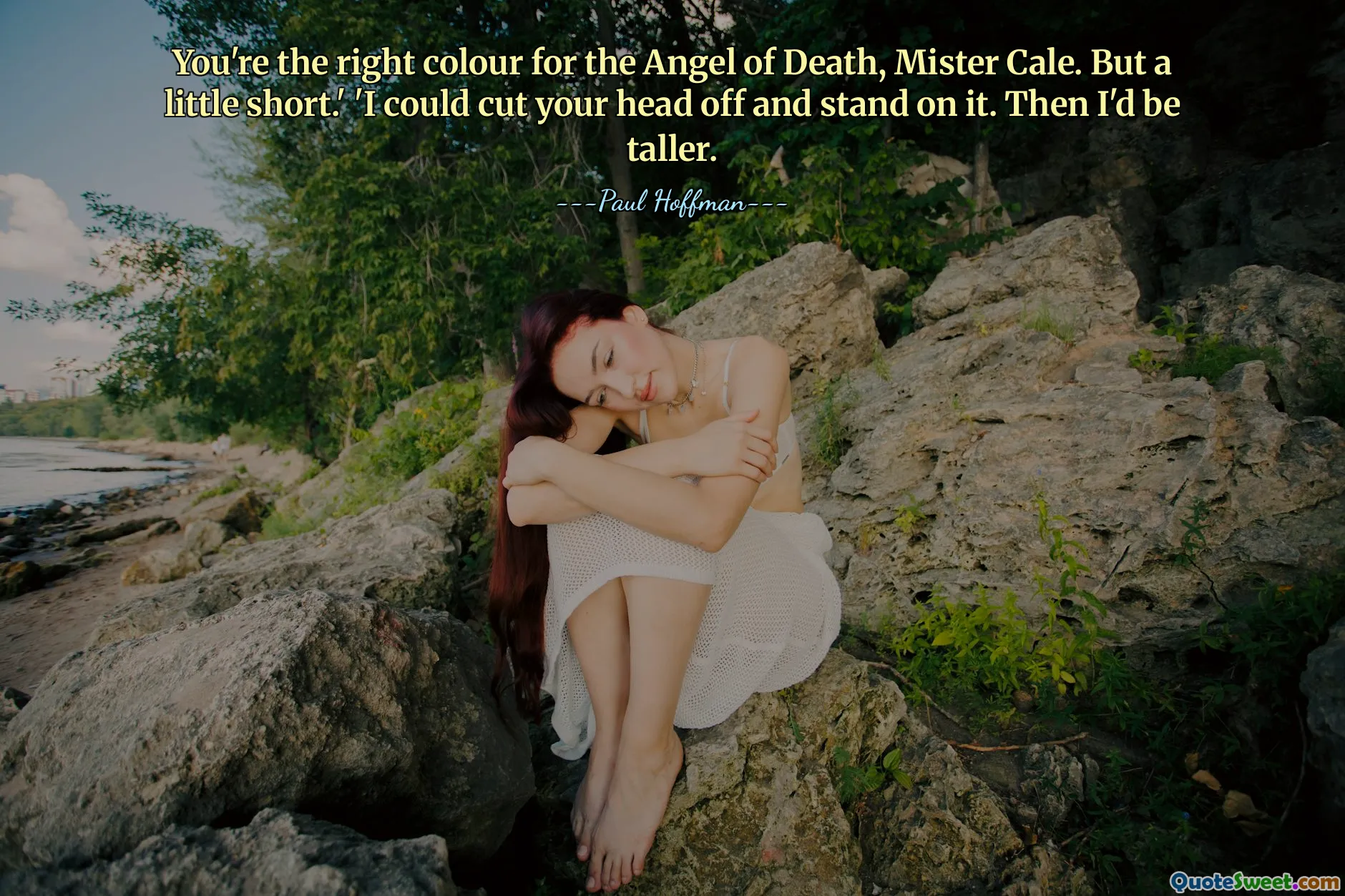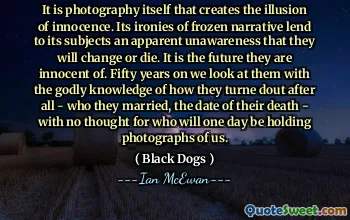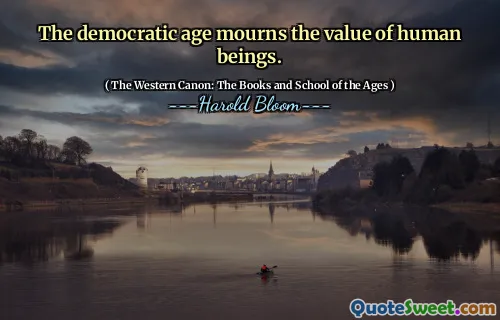
You're the right colour for the Angel of Death, Mister Cale. But a little short.' 'I could cut your head off and stand on it. Then I'd be taller.
This exchange between characters showcases a dark, morbid humor that plays on themes of mortality, perception, and defiance in the face of death. The initial remark, suggesting that Mister Cale's complexion suits the Angel of Death, hints at an ominous or foreboding figure, perhaps implying that Cale is near death or associated with death itself. The subsequent retort flips this expectation, with Cale humorously suggesting that even in death, he can defy the expectations of mortality—by literally becoming taller than his opponent after having his head removed. This exchange underscores a defiant attitude, emphasizing resilience and wit amidst dark circumstances. It also reflects on how individuals cope with the inevitable presence of death: through humor, sarcasm, and bravado. The use of dark humor can be a coping mechanism, a way to assert control, or to undermine fears. On a broader level, it invites reflection on human mortality—how confronting death can elicit both fear and defiance. The exchange cleverly balances morbidity with a sharp wit, making a poignant statement about facing the end with humor rather than despair. The dialogue's dark tone compels readers to consider the ways in which humor can be a powerful tool against the existential fears that define human experience. It reminds us that confronting our mortality with courage and humor can transform fear into a form of resilience, highlighting the complexity of human nature when faced with inevitable death.







